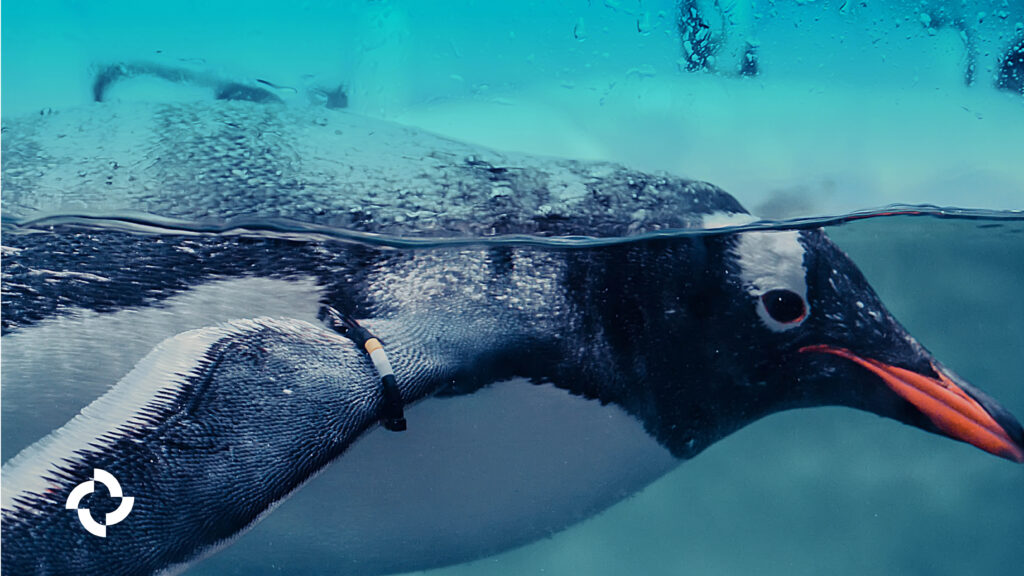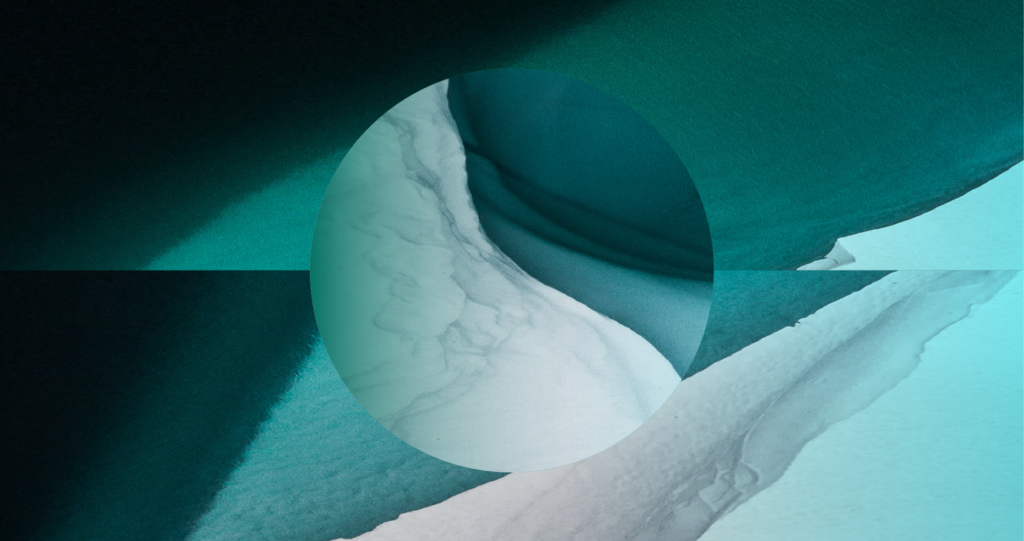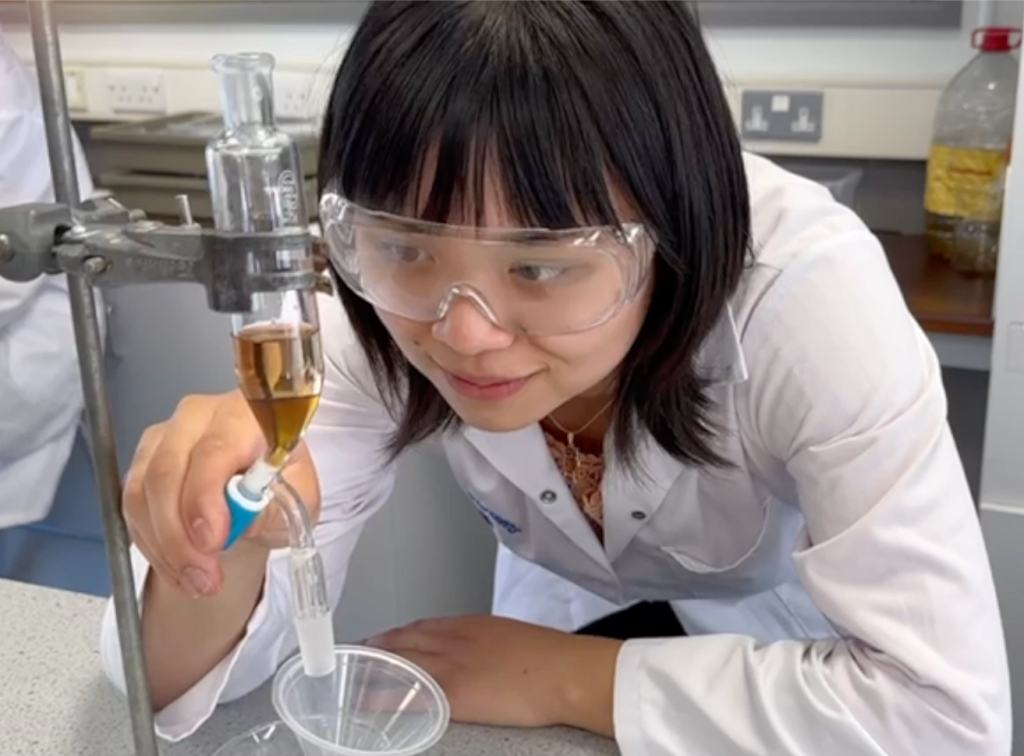
Year 10 students inspire the discovery of nearly a third of known emperor penguin colonies
Scientists from the British Antarctic Survey (BAS) study the migration and breeding habits of emperor penguins. It helps them understand the impact that climate change is having on sea life. They rely heavily on satellite imagery to research the birds which thrive in freezing conditions, uninhabitable by humans.
This year, the BAS discovered four new emperor penguin colonies using a method developed by year 10 IRIS students. To date, this approach – observing penguin poop via satellite imagery – has led to the identification of a third of the 66 known colonies.
The Stirling students had been monitoring the penguins using satellite data. They were testing a theory proposed by their teacher, who, after watching a David Attenborough programme on creatures in the Antarctic, wondered if you could track penguins by their guano (poo) marks. The episode mentioned that BAS used aircraft to take aerial photos to map guano, so he wondered why not use satellite images?
Julia Kupczyka, a former Stirling student who now studies physics at the University of Edinburgh, talks about the methodology the students developed to track the penguins, “We had data in real colour made from the visible light spectrum. We discovered the guano is actually very different to rocks and to the colour of the penguins themselves. So we could trace them using this.”
The students created code to make the guano light-up in various colours, so it was more visible and easier to track the penguins.
Excited about the students’ findings, their teacher called Peter Fretwell, a researcher from BAS, to ask for more details on the colonies. While the penguins concerned were already on the scientists’ radar, BAS hadn’t begun to use Sentinel-2 and Peter was eager to have a go.
“We already looked at different penguin colonies using images from an older satellite, but at a lower resolution, so we knew this was possible. But that really poked me to go and use this new tool.,” said Peter.
The prompt had a huge impact on the rate of discovery with sightings in 2019, 2020 and 2021, resulting in 11 new colonies. Announcing the wave of findings on its website, BAS said “the new study using mapping technology revealed 20% more emperor penguin colonies in Antarctica than was previously thought. The results provide an important benchmark for monitoring the impact of environmental change on the population of this iconic bird.”
In 2020, Peter credited Stirling High School students for giving BAS scientists the impetus to make the discovery.
Julia beams when talking about this mention, “It was utterly incredible. There’s a big difference between a science class or science club in high school and working with genuine data that you can use to make an impact in the world. It’s crazy to think that there are scientists, adults with PhDs, and I helped them along.”
Talking about the role IRIS played in her choice to study STEM at university, Julia said: “Doing meaningful research as a young person makes you feel that you can do much more in the world. Having that opportunity to do something, to shape my knowledge and my skills really changed everything for me.”
Dr Jo Foster, director of the Institute for Research in Schools, said:
“This story is a testament to what young people can do when given the chance. Empowered with the right skills and opportunities, they can contribute to research and innovation right now. Furthermore, experiences like these spark students’ interest in the sciences and builds their confidence and skills, making them more likely to pursue a career in the sciences.”
When we asked Peter Fretwell about young people’s role in science, he agreed it was an important one.
“Young people are the future – the flag bearers – but also, they will feel the consequences of climate change much more than we will. They need to understand it and take action,” says Peter.
IRIS is working to change education so that every student can experience research while in school. The charity’s free projects provide pupils with transformative research opportunities, allowing them to investigate answers to real-world challenges and make valuable discoveries. The research experience allows them to work beyond the curriculum to truly experience science and see what a future career in the sciences would be like.
Stirling students were working on IRIS’ Earth Observation when they uncovered the possibilities of Sentinel-2. The project introduces students to satellite data, including how to access and analyse it for their own research.
 EARTH OBSERVATION
EARTH OBSERVATIONFrom glacial melt to forest fires, polluted rivers to penguin migration patterns; students investigate satellite data to discover how the natural world is adapting.
 OUR VISION
OUR VISIONWe’re working to change education so that every young person has the opportunity to experience authentic research in school.